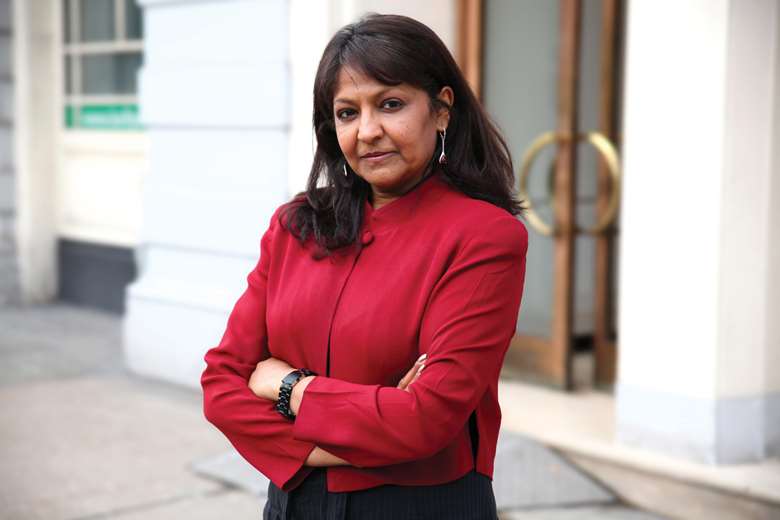Child trafficking victims going undetected, warns charity
Nina Jacobs
Tuesday, January 30, 2018
A lack of resources to boost children's services professionals' knowledge in child exploitation and trafficking is seeing thousands of victims go undetected, a leading charity has warned.

Charity Ecpat UK said official figures for the government's framework for identifying victims of human trafficking and modern slavery showed more than 1,200 child cases yet the government's own figures estimate there are 13,000 child victims of trafficking in the UK.
The charity said the failure to identify children as victims of exploitation suggests there is a lack of resources being made available to councils to train frontline professionals and provide support to trafficked children.
Bharti Patel, Ecpat UK chief executive, said it was likely there were thousands of children who had not been identified and who were still living in exploitation circumstances.
"The failure to identify all child victims of trafficking is an indicator of deficits in child care professionals' understanding of the signs of child trafficking, and a deficit in the resources available to local authorities to train frontline professionals and provide specialist support to trafficked children," Patel added.
The warning comes as figures released by the Local Government Association (LGA) revealed an increase of almost half (47 per cent) in the number of people identified as victims of slavery in the UK.
The LGA said during the period July to September 2017, 1,322 victims were referred to the National Referral Mechanism, the UK's framework for supporting victims, compared with 901 cases during the same period in 2016.
The association has produced a new guide to modern slavery that aims to increase awareness and provide clarity for local authorities on their role in tackling the issue.
Members of the public who suspect that modern slavery may be happening in their area are also being encouraged to report it to their local council or the police.
Simon Blackburn, chair of the LGA's safer and stronger communities board, said residents could be unwittingly using victims of modern slavery to wash their cars, paint their nails or lay their drives.
"Modern slavery can be hidden, often in plain sight; on our high streets, in local businesses and even in suburban streets," he said.
Kevin Hyland, the Independent Anti-Slavery Commissioner, said the important role the public and local council staff could play in identifying modern slavery crimes should not be underestimated.
"This guide for councils is an important tool to ensure a consistent, robust response to modern slavery is embedded, and one that fits the seriousness of the crime," he said.




